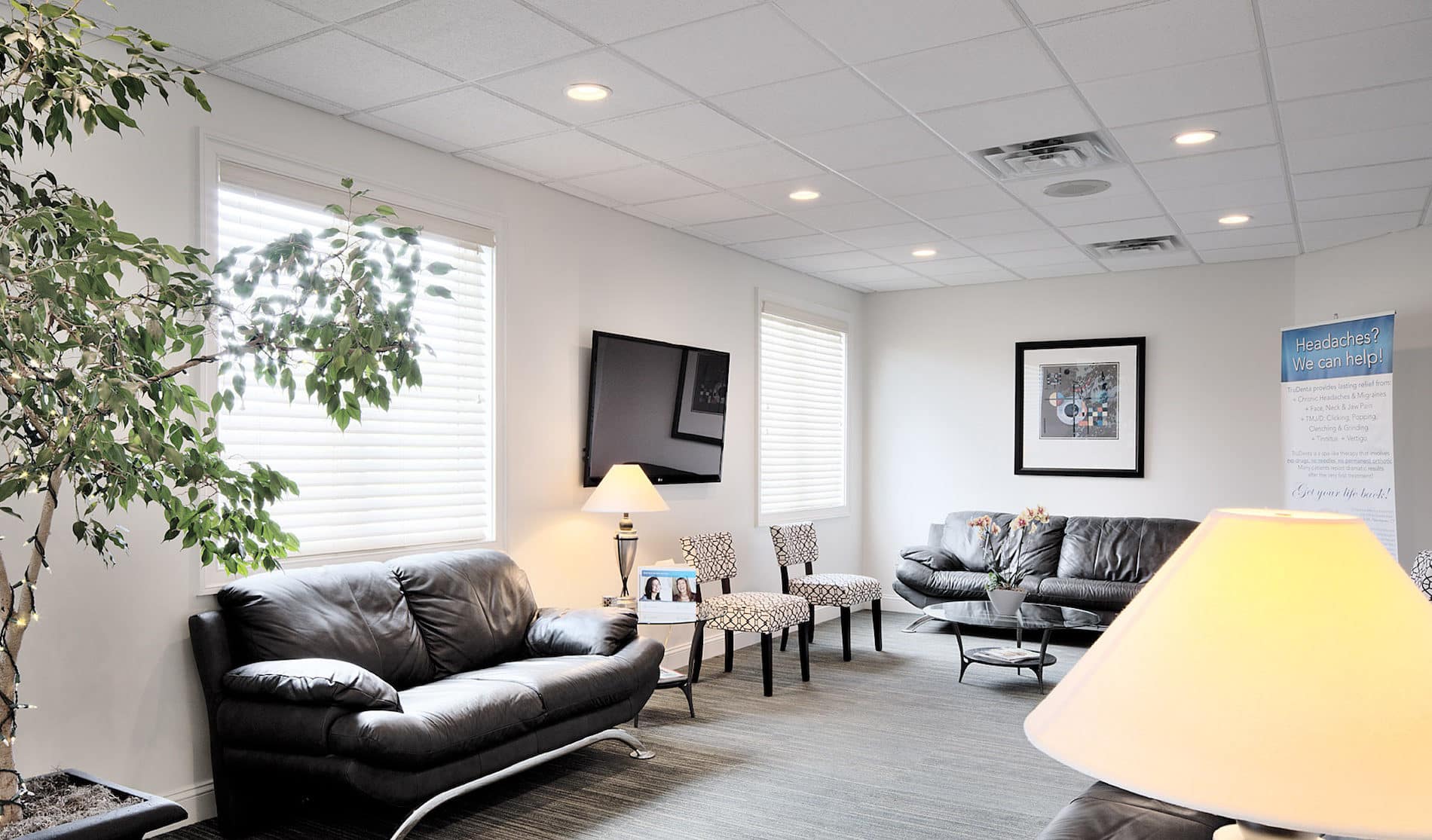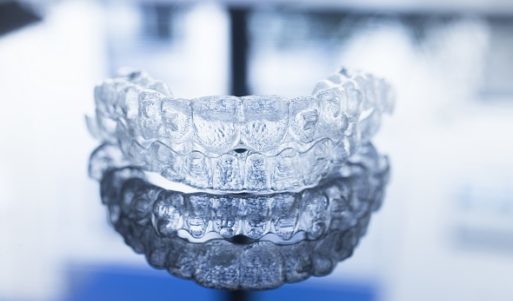 Patients who suffer from sleep apnea, which is marked by excessively loud snoring, don’t always realize that they have a sleep disorder. Despite the noise of snoring and the repeated interruptions to your sleep cycle, sleep apnea doesn’t usually cause you to rouse from consciousness. Because of this, patients may go years before the effects of sleep apnea manifest in their daily lives enough to make them question their sleep. Fortunately, you don’t have to wait years to find out if you’re losing sleep to sleep apnea. By understanding the condition, you can be aware of the common warning signs that could indicate the disorder’s presence.
Patients who suffer from sleep apnea, which is marked by excessively loud snoring, don’t always realize that they have a sleep disorder. Despite the noise of snoring and the repeated interruptions to your sleep cycle, sleep apnea doesn’t usually cause you to rouse from consciousness. Because of this, patients may go years before the effects of sleep apnea manifest in their daily lives enough to make them question their sleep. Fortunately, you don’t have to wait years to find out if you’re losing sleep to sleep apnea. By understanding the condition, you can be aware of the common warning signs that could indicate the disorder’s presence.
What sleep apnea means
Sleep apnea literally means to stop breathing in your sleep (apnea stems from a Greek word meaning “the absence of breath”). In the case of obstructive sleep apnea, the cause of you not breathing is the collapse of mouth and throat tissues into your airway. The obstruction is marked by increasingly loud snoring the more the airway becomes clogged, and then silence as you stop breathing altogether.
The warning signs
The dangers of sleep apnea lie in the prolonged prevention of deep sleep and the chronic need to struggle for breath while you sleep. Over time, sleep apnea can lead to an increased risk of systemic illnesses, such as cardiovascular disease. In the more immediate future, though, sleep apnea can lead to noticeable symptoms, including;
- Daytime fatigue, despite believing that you’re sleeping soundly at night.
- Dry mouth and/or sore throat, particularly in the morning.
- Chronic headaches and migraines.
- Difficulty with concentration and short-term memory.
- Unusual irritability and mood swings.







